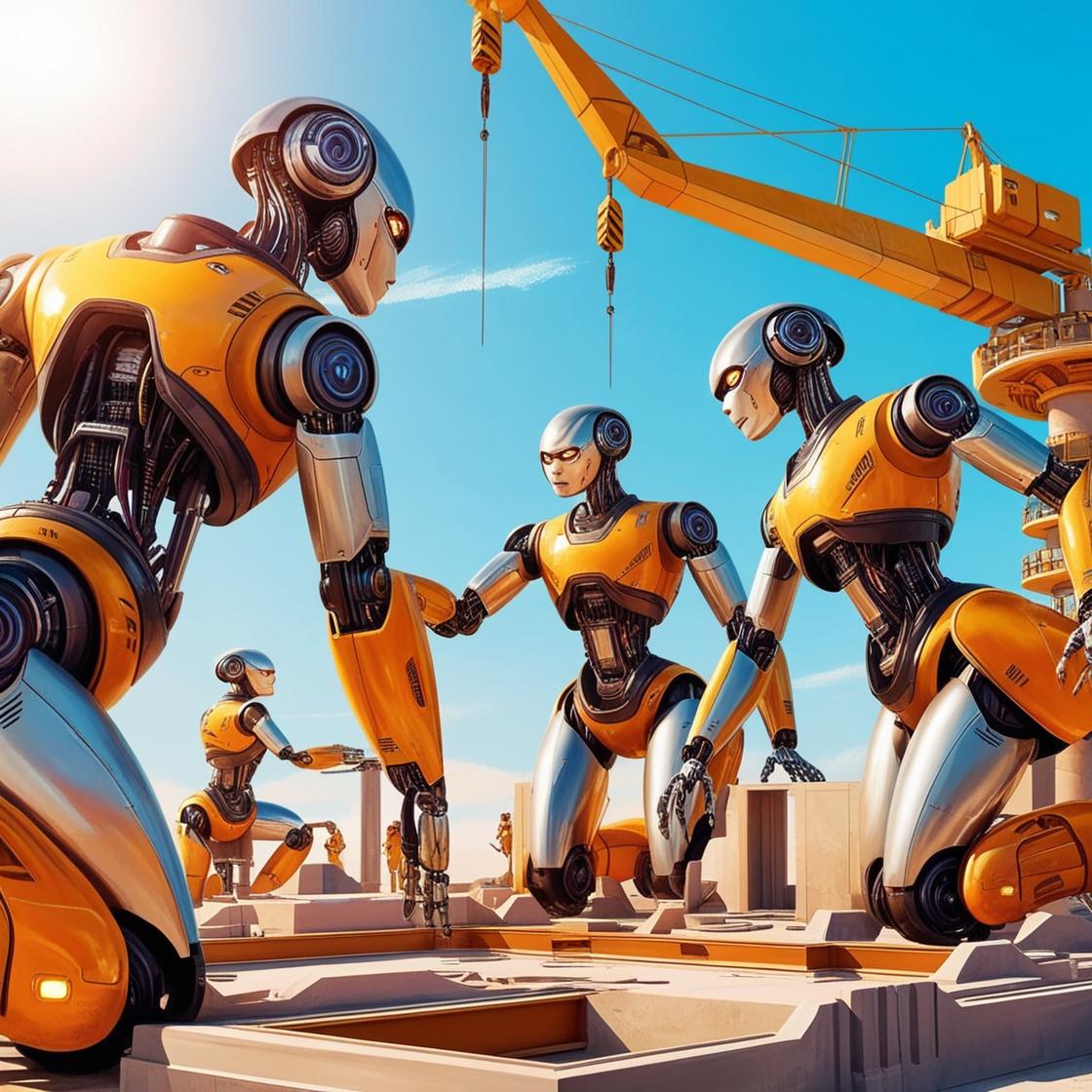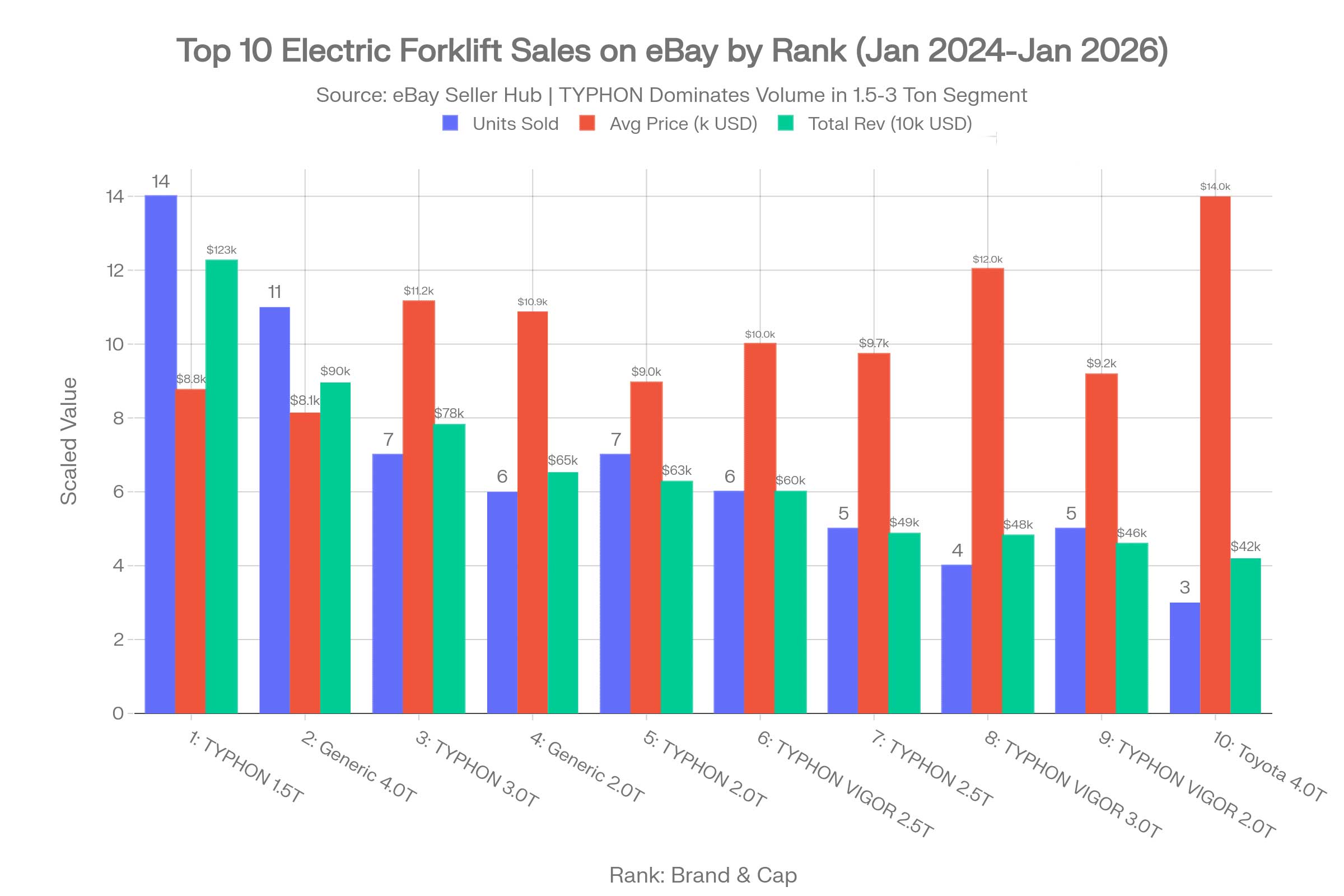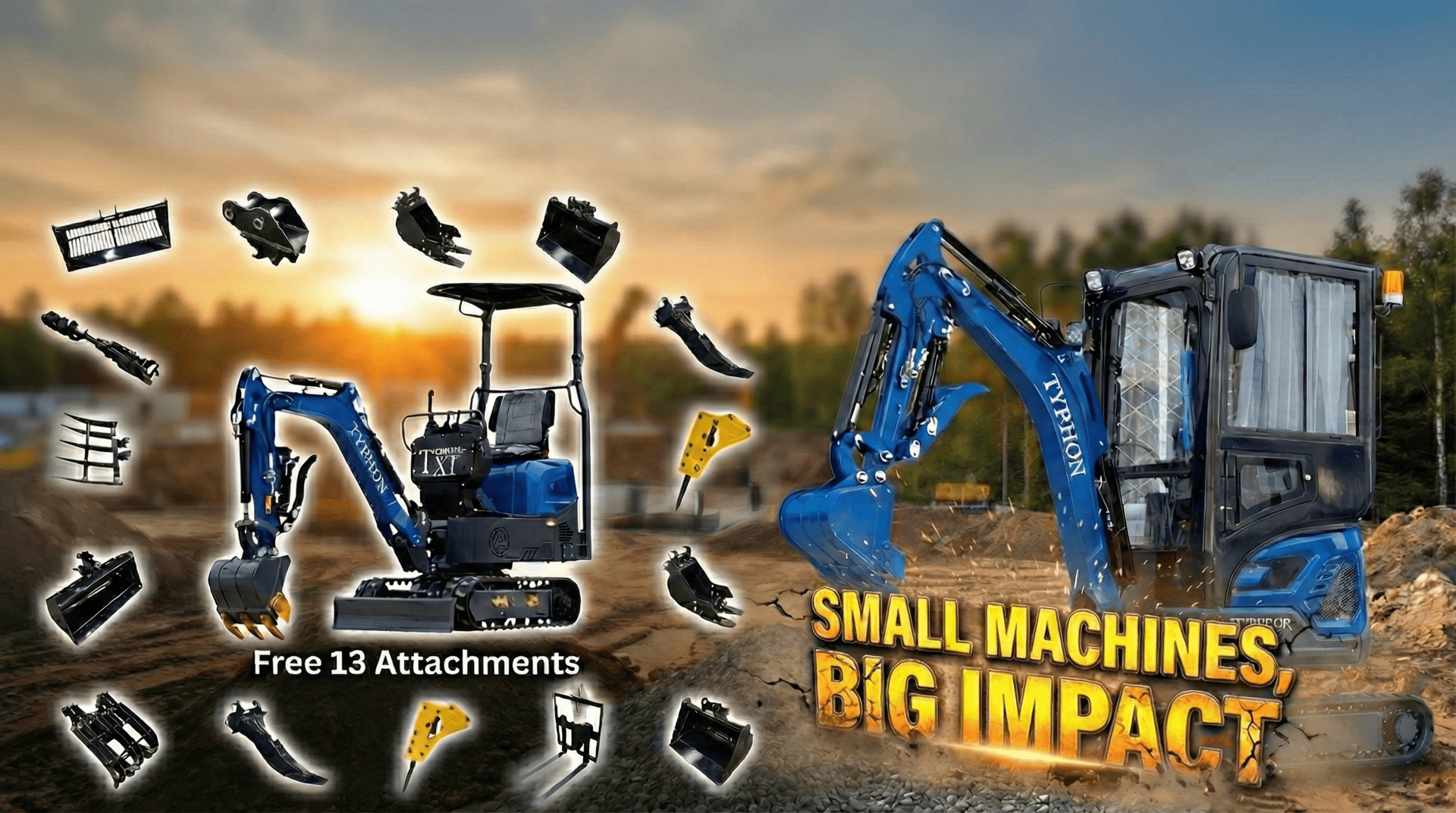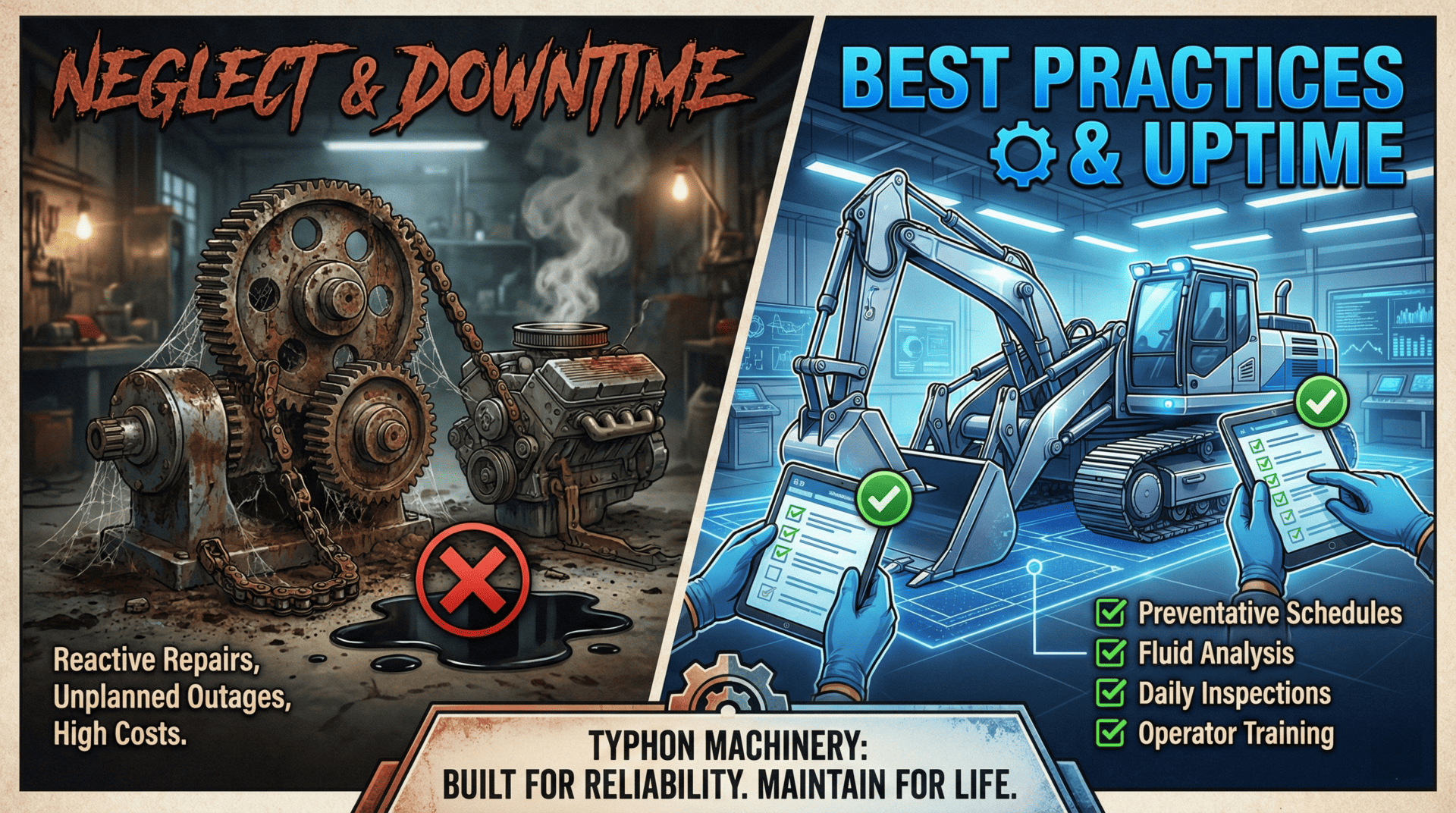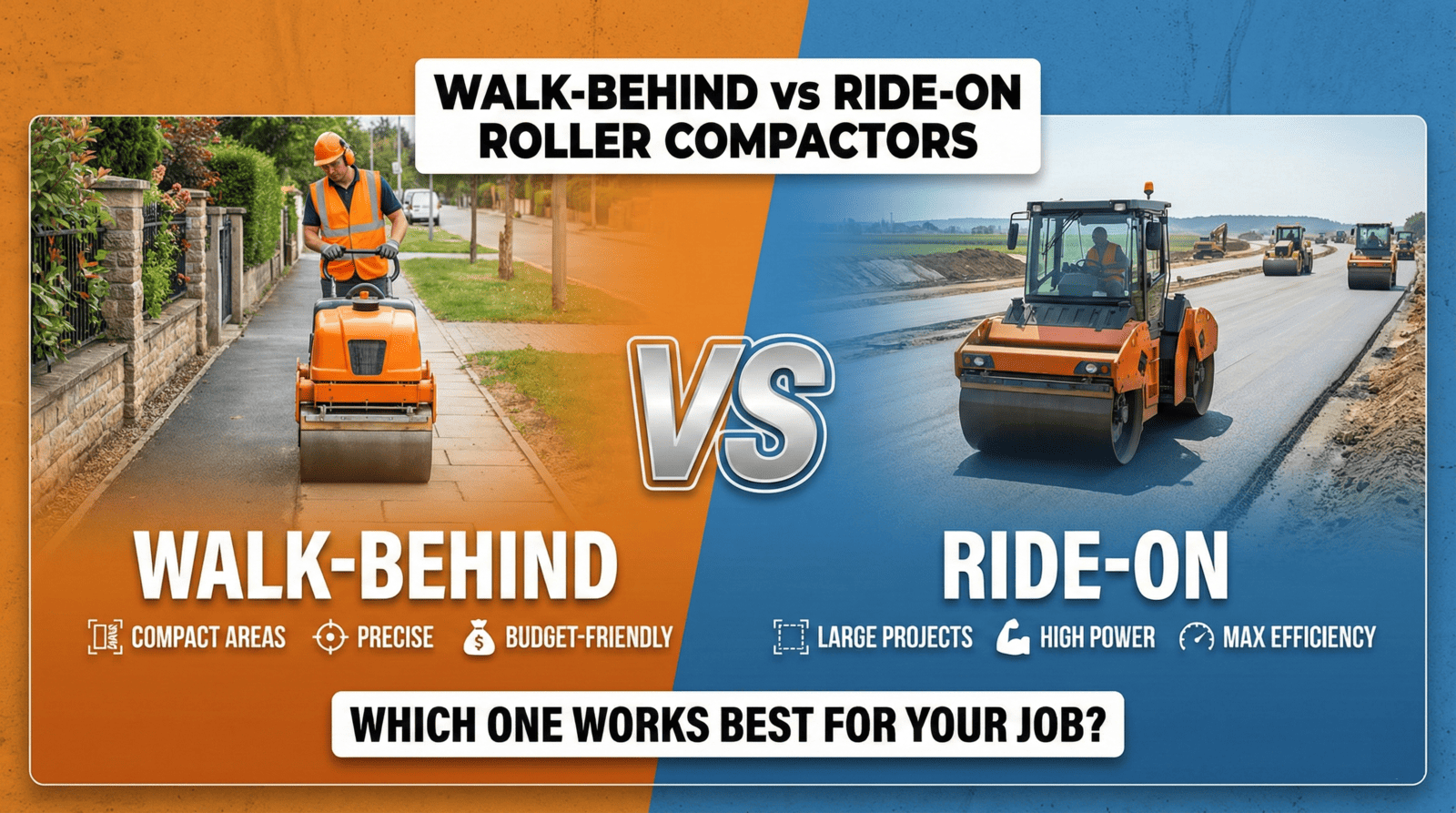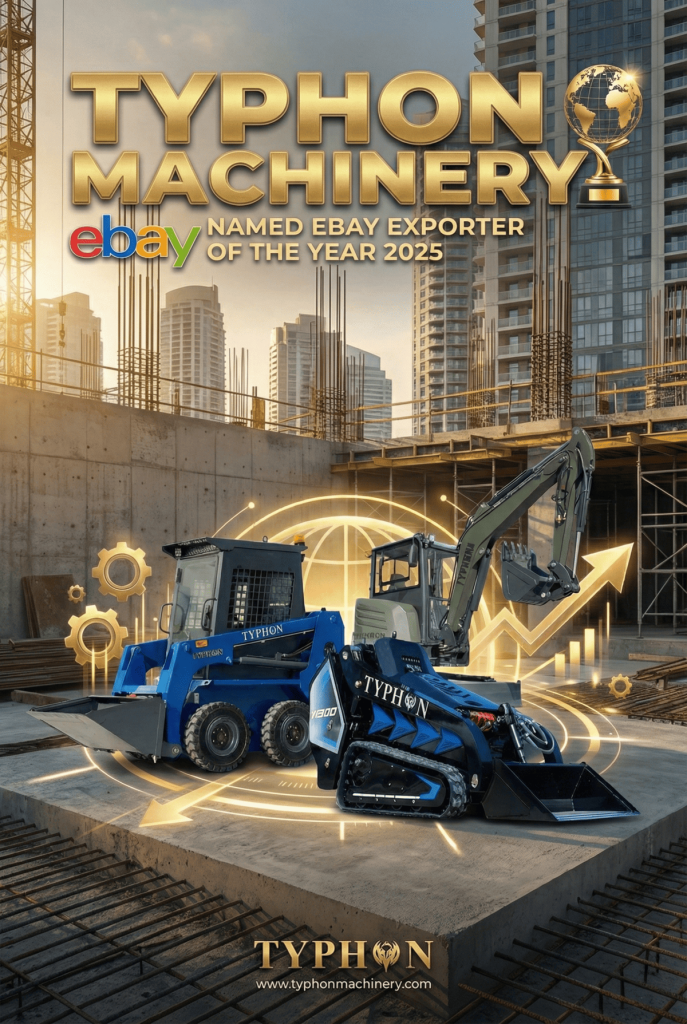Even in today’s trendy world, the building procedure is mostly fractured and low-tech. It’s nearly unnoticeable from constructing sites in the 1990s. Site managers still rely on ancient designs, fading schedule forecasts, and performance metrics that lack the real-time insights they need to calculate and enhance.
Artificial intelligence (AI) quickly gives construction businesses a key benefit in data-rich surroundings where every under-utilized day has massive financial importance. These organizations are often amazed by the number of steps needed to arrive at their preferred result, but behind those steps lie many details with massive possibilities for efficiency optimizations. New devices eliminate guesswork and enable supervisors and managers to really comprehend, not just the action in their project sites, but also ways to optimize everyday chores. By achieving visibility and a core understanding of their tasks, these managers can easily make adjustments that boost the profitability of every task.
Collaboration of AI software with hardware
To further utilize these tools, visionary construction businesses combine Artificial intelligence programs with hardware. Combined with data gathered by typical detectors with powerful AI investigation, site managers serve real-time understandings that allow them to optimize tasks in radical ways. The importance of these insights is fantastic, extending exponentially as the library of data boosts with each task.
These results could not have come at a more reasonable period. With experienced labor needs, an aging crew, a strain on materials, a slowed supply chain, and closer margins than ever before – it’s critical to leverage the ability of AI to enable efficiency at every step of the built procedure. AI is revolutionizing construction in 4 ways:
1. Equipment usage optimization
Construction areas need huge investments in equipment. Having a precise sight of what was done, how long it took, and how the outcomes compare to the plan, allows for revision based on a confirmed source of truth. It’s now feasible to optimize building schedules without relying on rinse-and-repeat plans for each task to determine how long things really take. This understanding alone makes the procedure more efficient and more beneficial.
2. Acceleration of instruction and on-the-job apprenticeship
With improved actions to entice professional changes to the construction industry, the requirement for efficient internships is at an all-time high. By using Artificial intelligence and predictive modeling resolutions that track, capture, and indicate what best techniques were done before and how duties could be enhanced in the coming years, construction beginners can ramp up for their new positions by using the knowledge of construction experts through organized data storage. Simplifying education and packaging it into easy-to-understand onboarding manuals helps take the load off ‘not understanding what you don’t know’ in a new position.
3. Increased workplace safety
AI helps to reduce mishaps and fatalities with better operation management. By leveraging Artificial intelligence in projects, you can notice and analyze possible hazards, observe and flag dangerous actions, and ensure adherence to protocols.
4. Enhanced sustainability
Construction projects can create a lot of debris. From changing demands and faulty design projects to an overestimation of materials required, AI can be extremely insightful to help decrease waste during tasks. In procurement, it can help accurately predict exactly what is required and when and at what pace. Doing so, can greatly decrease material waste, optimize the expenses allotted for materials, and completely impact the entire workflow of the construction zone. When spontaneous materials reach, the site must settle what they’re doing and manage where they will physically be seated, derailing more important operations prepared for that period.
Despite its importance for being an industry slow to embrace tech, it seems the stars have aligned for AI and construction. Low-cost, (ROI) Returns of investment resolutions are being presented discovering gains that make shifting to Artificial intelligence imminent. These resolutions are also user-first, making conversion easy, with no extra or external operators employed.
AI is no longer a futuristic concept—it’s revolutionizing the construction industry today. By enhancing safety measures, optimizing workflows, and reducing costs, AI is helping businesses achieve greater efficiency and innovation. Adopting AI-driven technologies now can prepare companies to lead in a rapidly evolving industry and stay ahead of the competition.

